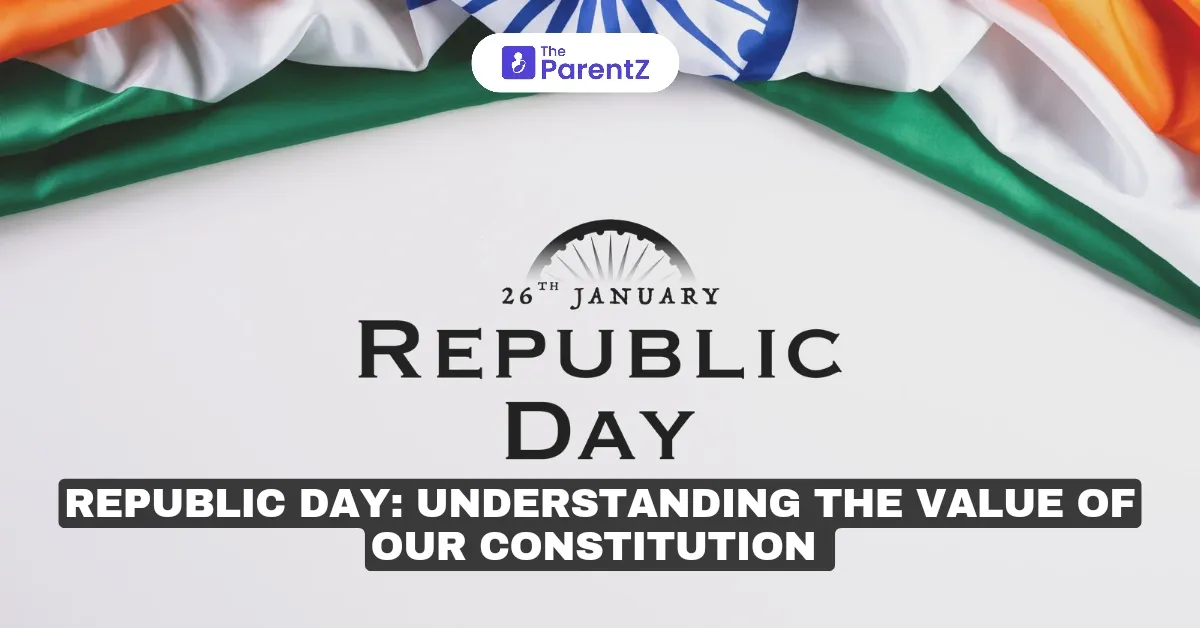Republic Day, celebrated on January 26th each year, is one of India’s most significant national holidays. It marks the day in 1950 when the Indian Constitution came into effect, officially establishing India as a sovereign, democratic republic. This day is not merely a ceremonial occasion but a moment to reflect on the values enshrined in our Constitution and the responsibilities it places upon us as citizens.
The Journey to Republic Day
1. Historical Significance
The adoption of the Constitution was a monumental step in India’s journey to freedom and self-governance. After gaining independence from British rule on August 15, 1947, the country needed a robust legal framework to govern its diverse population and uphold the principles of justice, liberty, equality, and fraternity. The drafting of the Constitution was entrusted to the Constituent Assembly, chaired by Dr. B.R. Ambedkar.
2. The Making of the Constitution
The drafting process took two years, eleven months, and eighteen days, during which the Assembly deliberated over various aspects of governance, rights, and duties. The final document, adopted on November 26, 1949, came into effect on January 26, 1950, a date chosen to honor the declaration of Purna Swaraj (complete independence) in 1930.
Understanding the Value of Our Constitution
1. Foundation of Democracy
The Indian Constitution is the longest written Constitution in the world, embodying the aspirations and values of the people. It guarantees fundamental rights, such as the right to equality, freedom of speech, and protection against discrimination, which form the cornerstone of a vibrant democracy.
2. Unity in Diversity
India is home to a multitude of cultures, languages, religions, and traditions. The Constitution acts as a unifying document, ensuring that every citizen, regardless of their background, is treated with respect and dignity.
3. Framework for Governance
The Constitution provides a blueprint for the functioning of the government. It defines the roles of the Executive, Legislature, and Judiciary, ensuring a system of checks and balances that prevents misuse of power.
4. Empowerment of Citizens
The Constitution empowers citizens by granting them rights while also outlining their duties. Rights such as the Right to Education, Right to Information, and Right to Constitutional Remedies equip individuals to participate actively in nation-building.
The Relevance of Republic Day Today
1. Reflection on Constitutional Values
Republic Day serves as a reminder of the core values that our Constitution upholds. It prompts us to reflect on the state of justice, equality, and liberty in our society and to work towards realizing the ideals envisioned by the framers of the Constitution.
2. Fostering Patriotism
The celebrations, including the grand parade in New Delhi, showcase India’s cultural richness and military prowess, instilling a sense of pride and unity among citizens.
3. Commitment to Nation-Building
Republic Day is not just about celebration but also about reaffirming our commitment to uphold constitutional values. It is an opportunity to address pressing issues such as corruption, inequality, and threats to democracy, ensuring that the Constitution remains a living document.
Challenges in Upholding Constitutional Values
While the Constitution provides a robust framework, challenges persist:
- Inequality and Discrimination: Social and economic disparities still hinder the realization of true equality.
- Threats to Democracy: Issues like political polarization, misinformation, and erosion of democratic norms can undermine constitutional values.
- Civic Apathy: A lack of awareness about constitutional rights and duties among citizens can lead to complacency in protecting democracy.
To overcome these challenges, it is essential to educate citizens, promote active participation in governance, and hold institutions accountable.
The Role of Citizens
The Constitution is a dynamic document, and its success depends on the active involvement of its people. Citizens must:
- Exercise their right to vote responsibly.
- Respect the diversity of opinions and beliefs.
- Fulfill their duties, such as paying taxes, protecting public property, and promoting harmony.
- Stay informed and vigilant against any attempts to undermine constitutional principles.
Conclusion
Republic Day is more than a public holiday; it is a celebration of the democratic spirit of India and the enduring strength of our Constitution. It reminds us of the sacrifices made by countless individuals to secure our freedom and the immense responsibility we bear to preserve it. By understanding and upholding the values of the Constitution, we can ensure that India continues to thrive as a beacon of democracy, justice, and equality.








Be the first one to comment on this story.